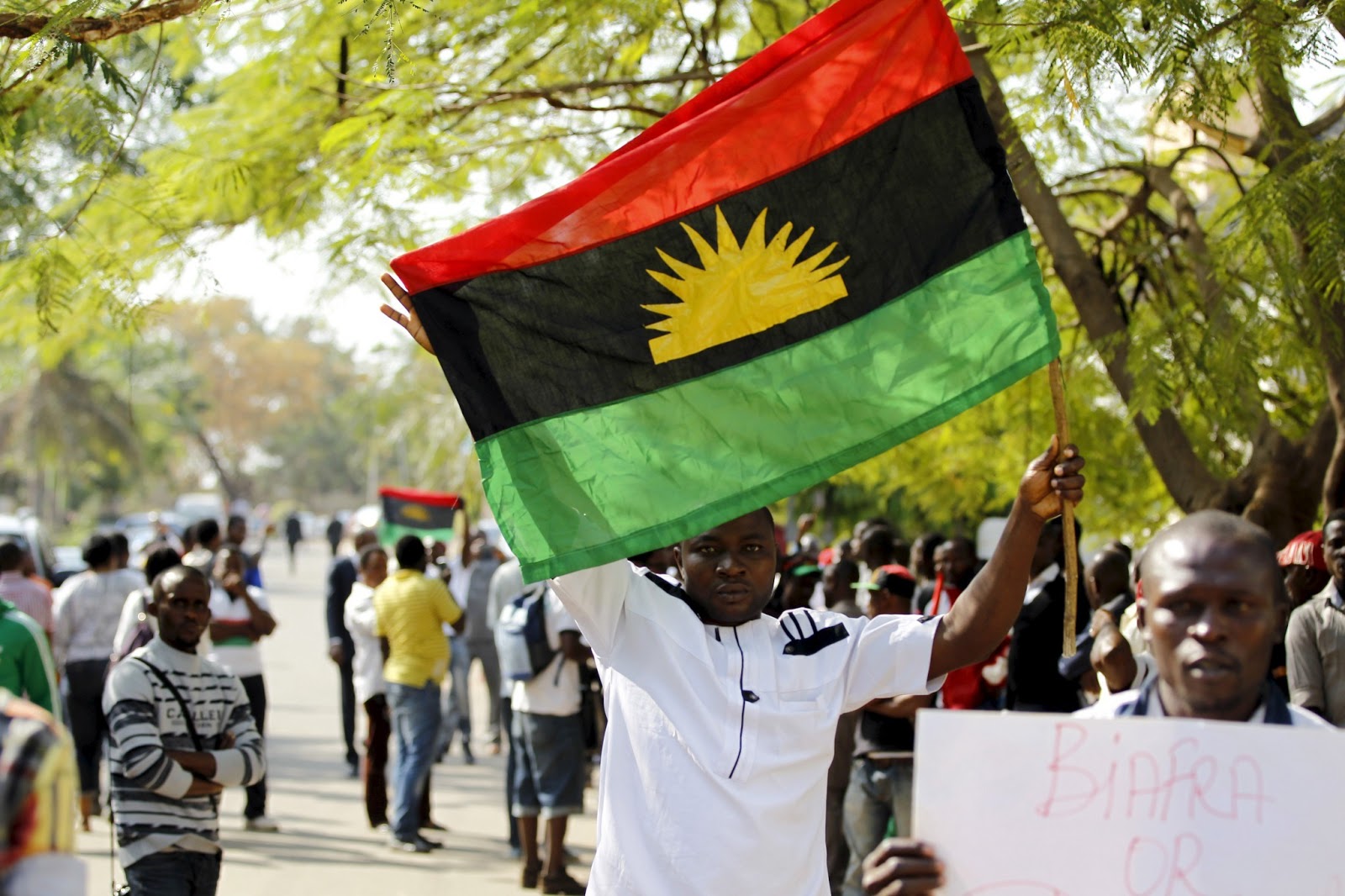Biafra Today is a topic that evokes strong emotions and deep historical significance for many people, particularly those of Igbo descent in Nigeria. The quest for independence and self-determination for the Biafran people has been a long-standing issue that continues to shape the sociopolitical landscape of Nigeria today. In this article, we will explore the current state of Biafra, the ongoing struggles for recognition and autonomy, and the implications for the future of the region.
Understanding the dynamics of Biafra today requires delving into its rich history, the cultural identity of the Igbo people, and the political challenges they face in Nigeria. This article aims to provide an informative and balanced perspective on the contemporary Biafran movement, highlighting key events, figures, and the sentiments of the people on the ground.
As we navigate through the complexities surrounding Biafra today, we will also consider the role of social media, international relations, and grassroots activism in shaping public perception and policy decisions. Join us on this journey to uncover the latest developments and insights into the Biafran struggle for recognition and autonomy.
Table of Contents
- The Historical Context of Biafra
- Current Events in Biafra
- Cultural Identity of the Igbo People
- Political Struggles and Challenges
- Key Figures in the Biafran Movement
- The Role of Social Media
- International Relations and Biafra
- The Future of Biafra
The Historical Context of Biafra
The history of Biafra is deeply intertwined with Nigeria's colonial past and the subsequent struggle for independence. The Biafran War, also known as the Nigerian Civil War, occurred from 1967 to 1970, leading to significant loss of life and displacement of people. Understanding this historical backdrop is crucial to grasping the sentiments surrounding Biafra today.
The Nigerian Civil War
The Nigerian Civil War was primarily fought between the government of Nigeria and the secessionist state of Biafra. The war resulted in the deaths of an estimated one to three million people, largely due to famine and violence. The war ended in 1970 with Biafra's defeat, but the scars of this conflict remain in the hearts of many Igbo people.
Current Events in Biafra
Today, the Biafran movement has gained renewed momentum, with calls for self-determination becoming increasingly vocal. Various groups and organizations are advocating for the rights of the Igbo people, leading to both peaceful protests and confrontations with the Nigerian government.
Recent Protests and Government Response
In recent months, there have been a series of protests across southeastern Nigeria, demanding greater autonomy and recognition of Biafra. The responses from the Nigerian government have often been met with criticism, as many view the actions taken against peaceful protesters as excessive.
Cultural Identity of the Igbo People
The Igbo people have a rich cultural heritage that plays a significant role in the Biafran identity. This cultural identity is expressed through language, tradition, and communal practices. Understanding the essence of Igbo culture is vital to understanding the Biafran struggle.
Language and Tradition
The Igbo language is a crucial aspect of the cultural identity of the people. Efforts to promote and preserve the language are ongoing, as many believe that language is key to cultural survival. Traditional practices, festivals, and customs also contribute to the sense of belonging among the Igbo people.
Political Struggles and Challenges
The political landscape in Nigeria presents numerous challenges for the Biafran movement. Issues such as governance, representation, and resource allocation continue to fuel frustrations among the Igbo people.
Governance and Representation
The lack of adequate representation for the southeastern region in Nigeria’s political framework has been a longstanding grievance. Many Igbo people feel marginalized and believe that their voices are not being heard in the national discourse.
Key Figures in the Biafran Movement
Several key figures have emerged as leaders of the Biafran movement, advocating for the rights and recognition of the Igbo people. Understanding their roles and contributions is essential to grasping the dynamics of the movement.
Prominent Leaders
- Nnamdi Kanu - Leader of the Indigenous People of Biafra (IPOB)
- Chukwuemeka Odumegwu Ojukwu - Former military governor of the Eastern Region and leader during the Biafran War
The Role of Social Media
Social media has become a powerful tool for the Biafran movement, enabling activists to share information, coordinate protests, and raise awareness about their plight. The impact of social media on public perception and mobilization cannot be overstated.
Grassroots Activism and Online Campaigns
Online campaigns and grassroots activism have played a significant role in galvanizing support for the Biafran cause. Social media platforms allow for real-time communication and the sharing of experiences, which helps to build solidarity among supporters.
International Relations and Biafra
The plight of the Biafran people has garnered international attention, with various human rights organizations and foreign governments taking an interest in the situation. Understanding the international dynamics is essential for comprehending the Biafran struggle.
Global Support and Advocacy
International support for the Biafran cause varies, with some organizations advocating for the rights of the Igbo people and others remaining neutral. The involvement of the international community can significantly impact the direction of the movement.
The Future of Biafra
The future of Biafra remains uncertain, with ongoing tensions between the Nigerian government and the Biafran movement. However, the resilience of the Igbo people and their commitment to self-determination suggest that the struggle for recognition and autonomy will continue.
In conclusion, Biafra today represents a complex interplay of history, culture, and politics. As the movement for self-determination gains traction, it is essential to remain informed about the developments and challenges faced by the Igbo people. We invite you to share your thoughts in the comments, engage with others on this topic, and explore related articles on our site.
Thank you for reading, and we hope you return to our site for more insightful articles on pressing issues and cultural topics.




